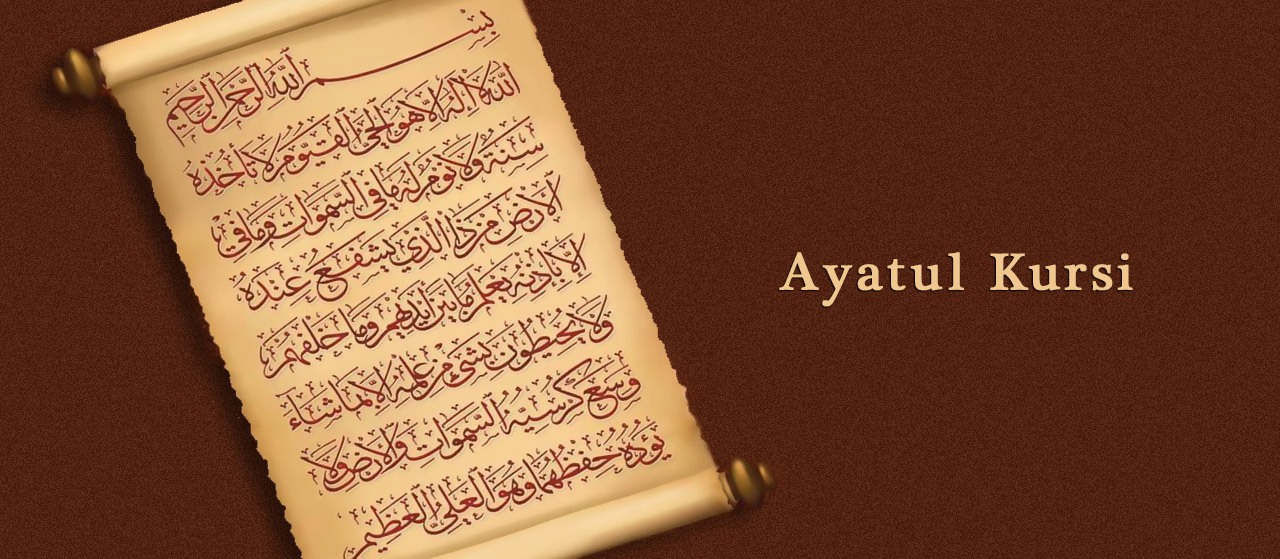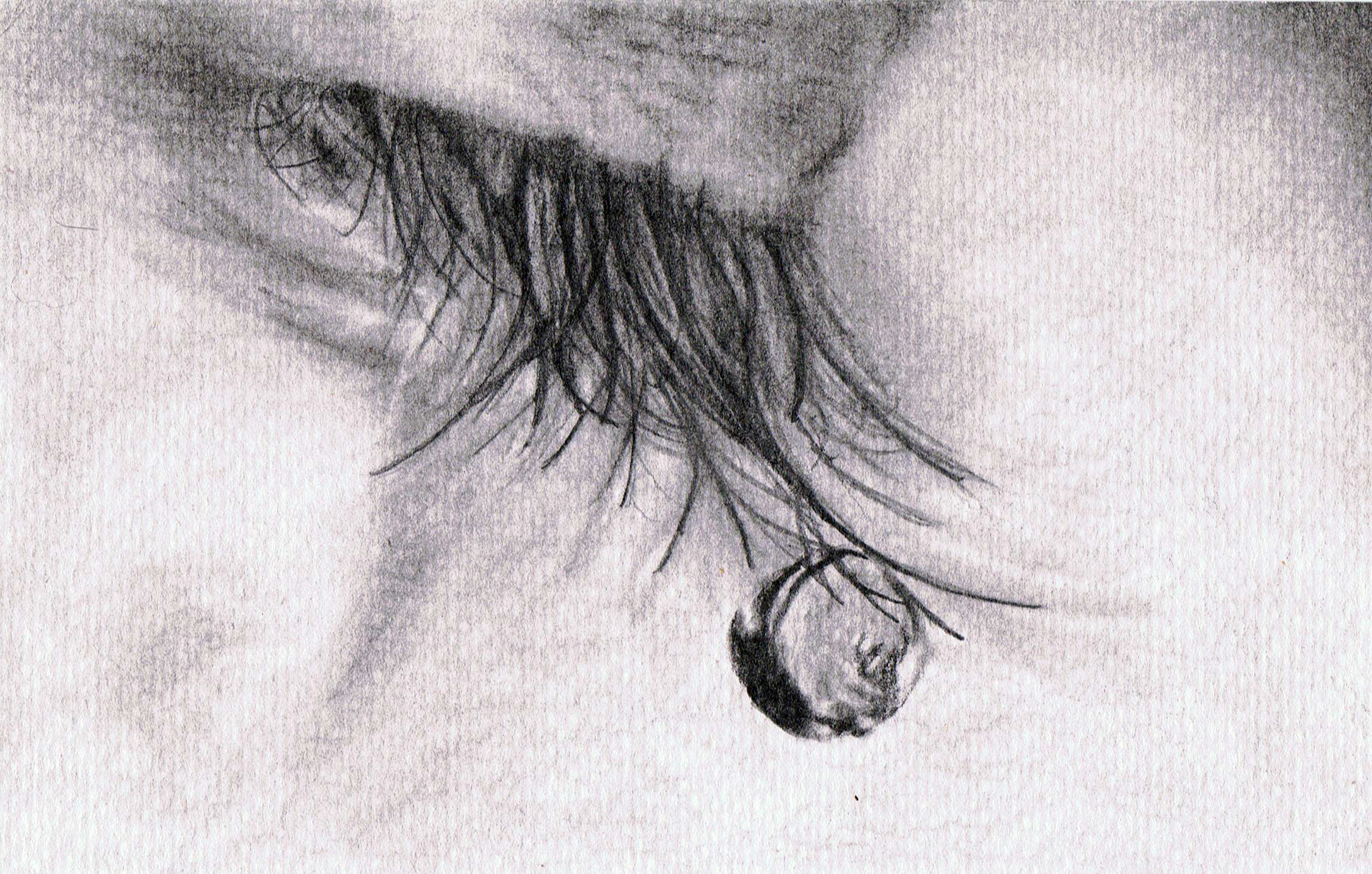QUESTION:
What are the conditions to be a Pir? Can someone without a beard be a Pir (Spiritual Guide)?
ANSWER:
“So ask the people of the zikr if you do not know.”
[Surah Nahl 16:43]
It is obligatory that one seek the knowledge that makes one’s worship, dealings, transactions, and relationships valid according to the Shariah. And it is also obligatory to seek the knowledge that helps on cure and prevent the diseases of the heart. When one does not know a ruling, Allah tells us: “Ask the people of remembrance if you know not.” The basic manners of asking about matters of religion is that one does so seeking guidance, and the means to the good pleasure of Allāh.
It is of tremendous importance to be careful where one takes one’s knowledge from. Imam Muslim relates that Ibn Sirin (Allah have mercy on him) said, “Verily, this matter is your religion (din), so be very careful as to whom you take your religion from.”
[Sahih Muslim]
Thus, one should be careful to seek the guidance of those who are clear in their following of the well-trodden path, the Ahle Sunnat wal Jama’at, which has been the way of the inheritors of the Prophet صلی اللہ علیہ وسلم, and will remain their way until the Last Day.
The Messenger of Allah صلی اللہ علیہ وسلم himself told us, “There shall always remain a group in my community manifest on the truth, unaffected by those who oppose them, until the last day.”
[Bukhari and Muslim]
The characteristic of such scholars, guides and pir is:-
• they follow one of the four schools of Sunni law;
• they follow traditional scholarship in matters of faith, not reformist or modernist ideologies;
• upholds and follows the sunnah
• they see the importance and necessity of spirituality, for the Messenger of Allah (Allah bless him and give him peace) told us that, “Verily, Allah does not look at your faces or forms. Rather, he looks at your hearts and deeds.” [Muslim, and Ahmad]
• They are people of – good character, noble manners, and wisdom.
• They promote virtue rather than controversy, and the sunnah rather than reformist innovations.
• They have an unbroken chain to the Prophet of Allāh صلی اللہ علیہ وسلم
• They have enough knowledge not to be misguided themselves nor misguide others.
• The guide must be free from apparent fisqh (open sinning).
As such, if one is unable to access the religious knowledge one requires in one’s daily life and worship, it is obligatory to take the means that enable one to do so, even travel if necessary.
Any “guide” who shaves is a fāsiq mu’lin (open sinner) thus is going against an established tradition which the Ahnāf scholars have categorised as wājib. He cannot be a guide despite if he has the other qualities until he makes sincere taubah and desists from shaving as the Prophet of Allāh صلی اللہ علیہ وسلم commanded to trim the moustache and grow the beard.
Allāh knows best.
Answered by Shaykh Naveed Jameel ash-Shaami
Also see:
[Q-ID0017] A Sufi who doesn’t follow the Shariah, is that possible?
[Q-ID0076] Intermingling of men & women in front of a Pir, and kissing his hand.
[Q-ID0287] Naqshbandi, Chishti, Qadri etc – where do they originate from and why do they differ?
















![[Q-ID0218] Can a person donate the reward of his actions to a deceased person?](http://www.seekerspath.co.uk/wp-content/themes/hueman-pro/assets/front/img/thumb-medium-empty.png.pagespeed.ce.q0RS_Oe2Ar.png)






















